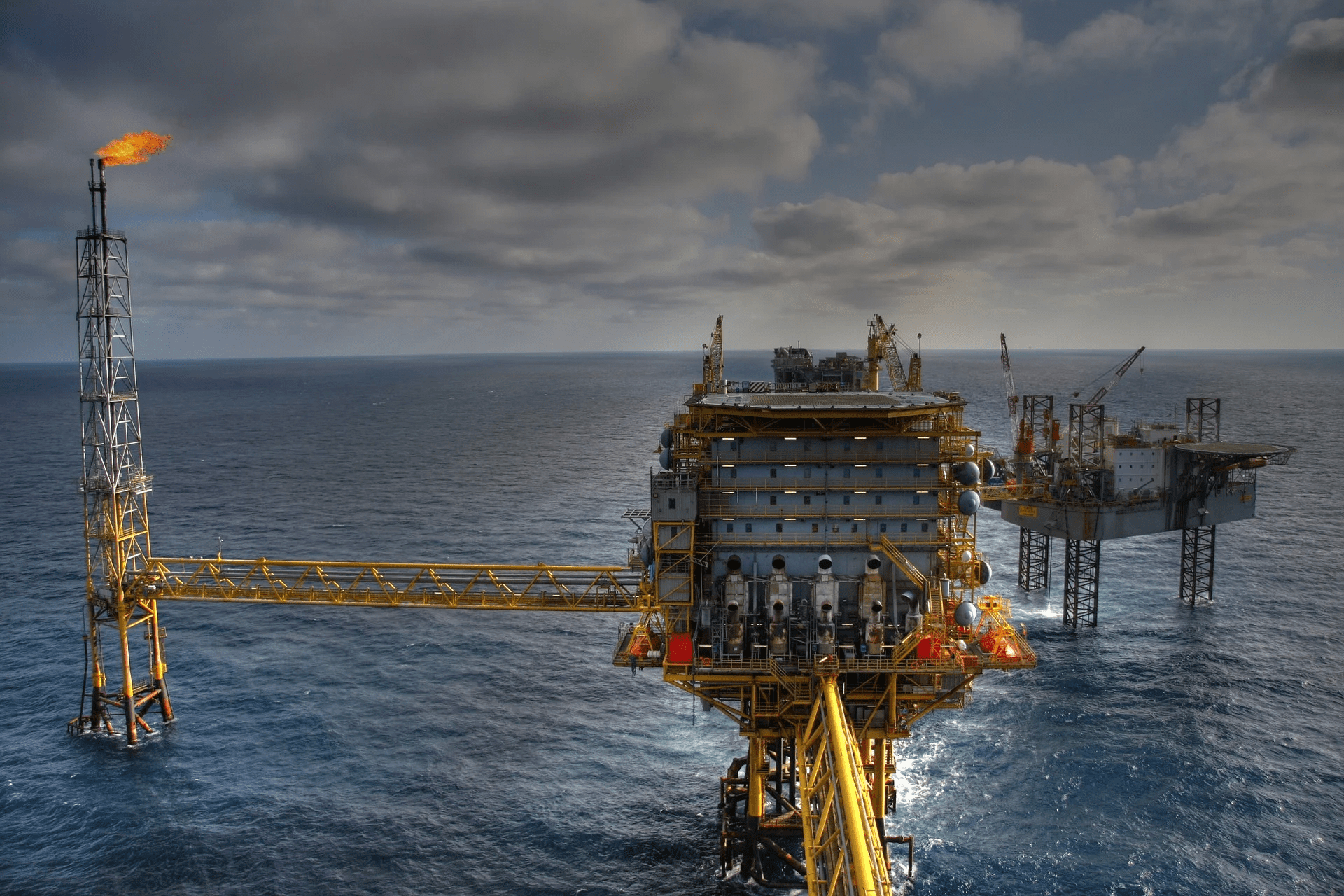Oil and gas exploration in Somalia has become the focus of international oil companies again, in light of the search for alternative supplies following the Russian war in Ukraine.
The Russian invasion has sparked discussions about energy security in Africa, and major discoveries of oil and gas in Mozambique, Tanzania and Uganda have whetted investor appetite for hydrocarbons in East Africa.
In this context, the American company “Coastline Exploration” is leading the process of renewing the oil and gas sector in Somalia, after it obtained 7 offshore blocks from the Somali federal government in 2022, according to information seen by the specialized energy platform, quoting the S&P Global platform. (S&P Global).
ExxonMobil and Shell are also considering returning to Somalia, which lies on a vital international shipping lane; After the government agreed to an initial roadmap with the two companies, in March 2020.
The date of oil and gas exploration in Somalia
Commenting on the launch of oil and gas exploration in Somalia, Coastline Exploration CEO Richard Anderson said, “I think there is potential for tens of billions of barrels that could be extracted, or even more, over time.”
Anderson explained that Coastline – which paid $7 million for the squares – will begin 3D seismic scanning in November 2023, with the goal of drilling in mid-2025.
He added that the company’s projects will progress in November, noting that “the next stage is to launch a 3D seismic survey between November and March, and after that, we will process it over a period of 3 to 4 months.”
“We hope that the drilling will take place by the second or third quarter of 2025,” he added.
Anderson said that the discoveries of crude oil would “change the geopolitical balance” in the region, and given the potential size of Somalia’s reserves, “it is an opportunity that the Somali people should not miss.”
Obstacles to foreign investment in Somalia
According to 2D seismic data conducted by TGS in 2014, there could be 30 billion barrels of crude oil across 15 blocks initially provided by the Somali government, according to information monitored by the specialized energy platform.
Coastline announced for the first time in February 2022 that it had signed general sharing agreements for 7 squares covering 35,000 square kilometres, nearly two years after Somalia launched its first cruise, but former President Mohamed Abdullahi Mohamed canceled the deal.
After assuming office in May 2022, Mohamud accepted the deal, signing an agreement with Somalia’s sporadic states that commentators say will prevent internal discord.
“Today marks a big step forward for Somalia, as we look forward to developing our energy industry, which should bring material benefits to all Somalis,” President Hassan Sheikh Mohamud said, following the Sahel agreement in October 2022.
He added: “Energy independence, new tax revenues and more foreign investment in Somalia, is now waiting for us.”
However, analysts say, the booming oil sector and new ports could be targets for al-Shabaab militants who control large swaths of territory.
International oil companies, including Chevron, Eni, Exxon Mobil and Shell, began exploring for oil and gas in Somalia since the 1950s, but withdrew when civil war broke out in the country in 1991.
The crisis of separatist regions in Somalia
However, operating in the region can be challenging, as in the case of the northern breakaway region of Somaliland.
Genel Energy has angered the Somali federal government by acquiring blocks from the local government, potentially containing 5 billion barrels of oil.
Somaliland declared its independence from Somalia in 1991, but its attempt to obtain international recognition faltered, and it considers that deals with international companies are the key to its mission of independence.
After Genel announced the completion of a geotechnical survey in Somaliland in December 2022, Mogadishu said it “categorically rejects Genel Energy’s claim to oil rights in the northern regions of Somalia,” and demanded that the British company “stop its illegal claim”; This prompted an angry response from Somaliland.
Genel Energy owns an exploration license for the onshore groups SL10B and SL13 in Somaliland, which it obtained in August 2012, according to information seen by the specialized energy platform.
The company expanded its presence in November 2012, by acquiring a 50% participating interest in the Odeon Production Sharing Agreement covering an additional 3 blocks SL6, SL7 and SL10A.
Then, in December 2021, it acquired a 51% stake in SL10B13 square with OPEC Somaliland Corporation – a subsidiary of the Taiwanese company CBC – which acquired 49%.
Drilling in Somaliland is scheduled to begin in late 2023 or early 2024, according to Gennell.
related topics..
Also read..

Leave a Reply